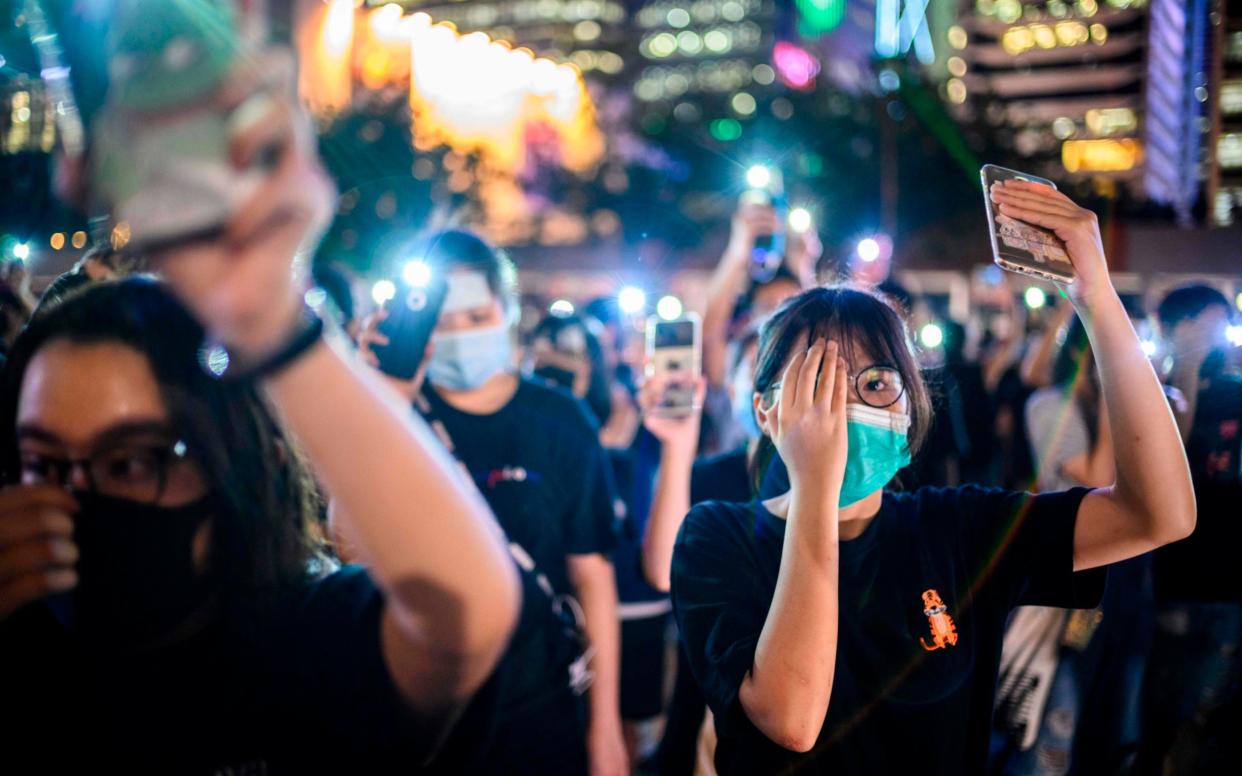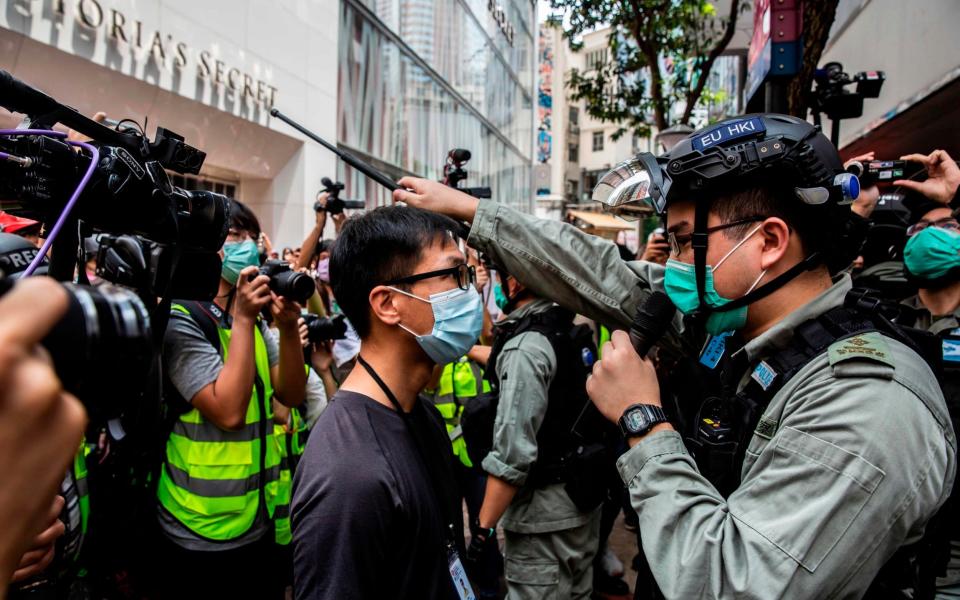Brain drain fears as quarter of young Hongkongers plan to emigrate

A quarter of young, educated people in Hong Kong are planning to emigrate, according to a new survey, raising fears of a growing brain drain amid China’s crackdown on opposition in the city.
When asked why, more than half cited the implementation of a sweeping national security law, under which more than 100 activists and lawmakers have so far been arrested, while others said it was down to poor governance or deep social divisions.
Britain, New Zealand and Australia were the top destinations for those hoping to leave.
“Hong Kong is deeply polarised,” said Leung Wing-man, a researcher from the organisation that conducted the survey, the Hong Kong Federation of Youth Groups.
“Worries over the city’s future are resurfacing and there may be a new wave of mass migration.”

The poll, which surveyed 1,135 people aged 34 or below with an undergraduate degree or a higher qualification last month, comes as the UK has relaxed immigration restrictions for British National Overseas (BNO) passport holders.
A new British visa has been introduced for Hongkongers that offers an easier pathway to permanent residency, with the UK government expecting more than 300,000 people to take advantage.
There are already signs that people are moving to the UK. In 2020, for example, Hong Kong residents bought four times as many luxury London properties as in the previous year, making them the joint second most common buyer nationality in the city, according to a report by Hamptons International.
Last June, Beijing imposed a sweeping national security law that criminalises anything Chinese authorities deem to be secession, subversion, terrorism and foreign collusion. It has also just approved a new electoral law for the city. Critics say it is all part of an effort to snuff out any opposition in the city.
Over the weekend, Dominic Raab, the Foreign Secretary, accused China of breaching the Sino-British Joint Declaration, the legal deal over the governance of Hong Kong, for the third time in nine months.
The UN-registered treaty, signed in 1984, was meant to guarantee freedoms in Hong Kong for at least 50 years after being returned from British to Beijing rule in 1997.

